Description
Reclaim your life from C-PTSD with this powerful and compassionate workbook.
If you’ve experienced long-term or repeated trauma—such as childhood abuse or neglect, domestic violence, betrayal, or prolonged emotional abuse—you may struggle with intense feelings of sadness, anger, anxiety, shame, and distrust toward others. You should know that you aren’t alone, your pain is real, and there are ways to improve your mental health and begin to heal. This compassionate and evidence-based workbook can help you get started.
This workbook offers an integrative approach for coping with complex post-traumatic stress disorder (C-PTSD) using cognitive behavioral therapy (CBT), acceptance and commitment therapy (ACT), dialectical behavior therapy (DBT), mindfulness, mentalization, and relational therapy. You’ll learn the most effective strategies to manage symptoms, overcome painful memories, and build self-confidence. Most importantly, you’ll find validation that your feelings aren’t “crazy” or “outsized,” and discover the skills needed to help you reclaim your life.
This empowering workbook will help you:
- Identify and understand the root cause of your C-PTSD
- Overcome fear, hypervigilance, and avoidance
- Balance emotions before they interfere with daily life
- Seek out and maintain relationships based in equality and respect

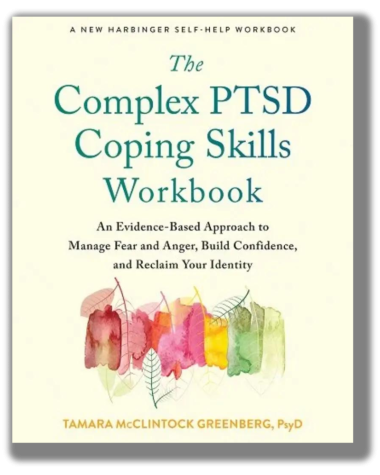
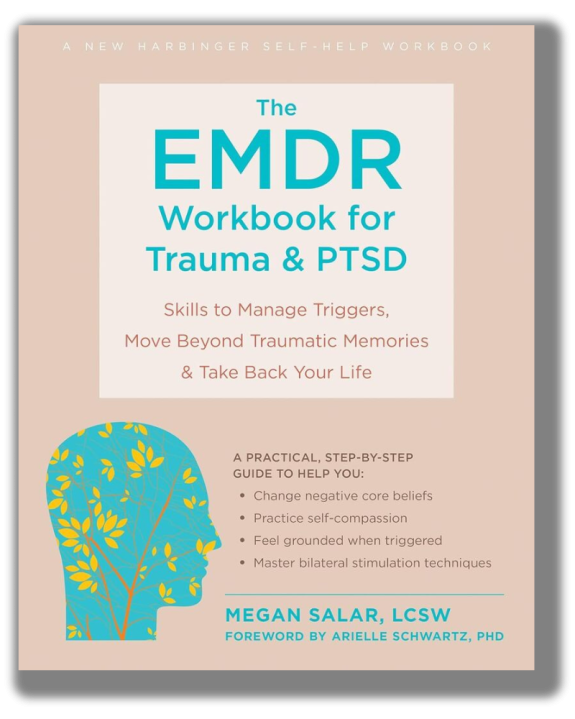
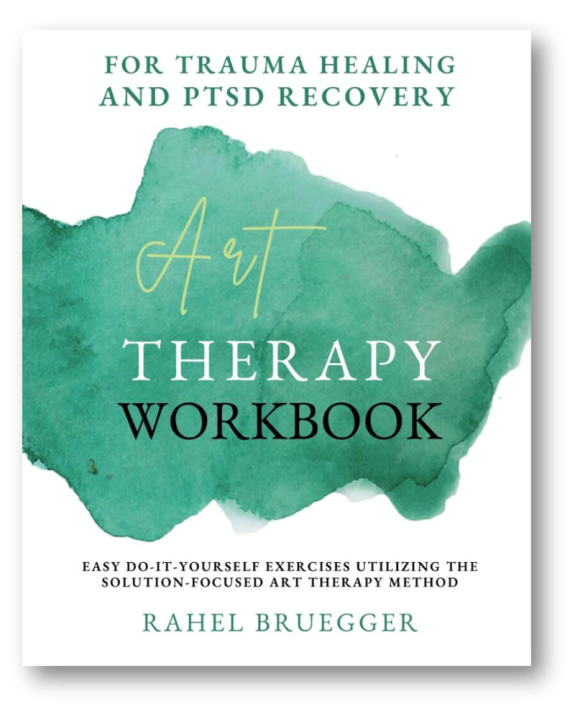
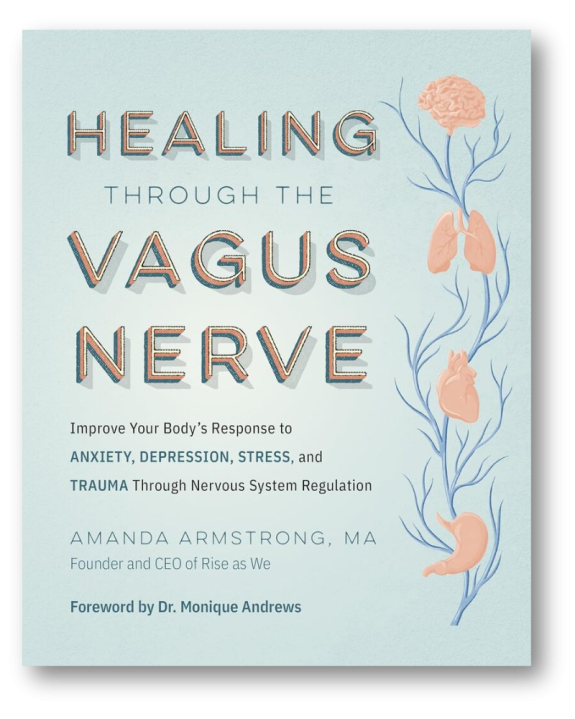
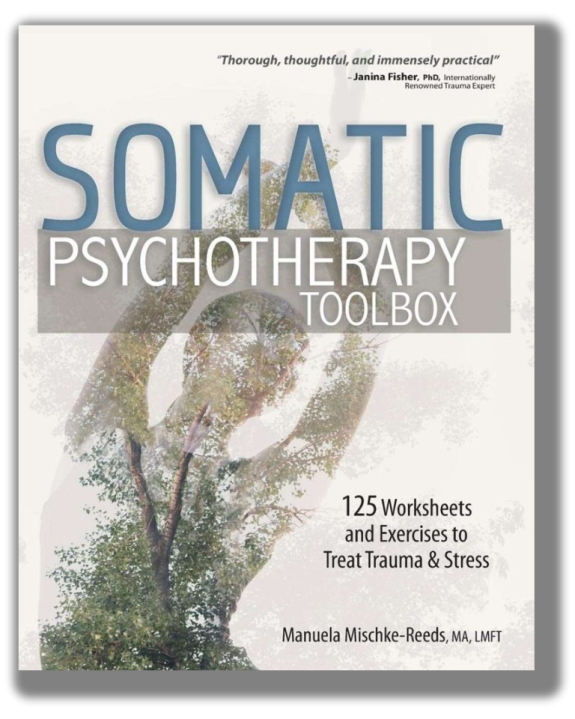
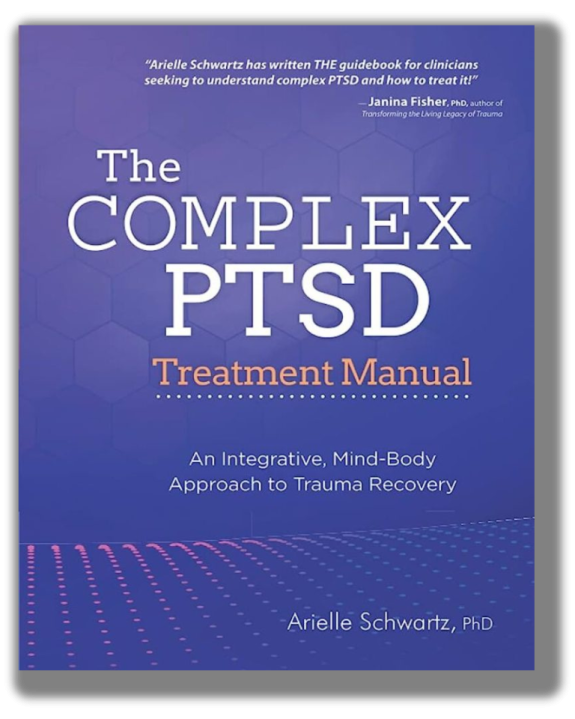
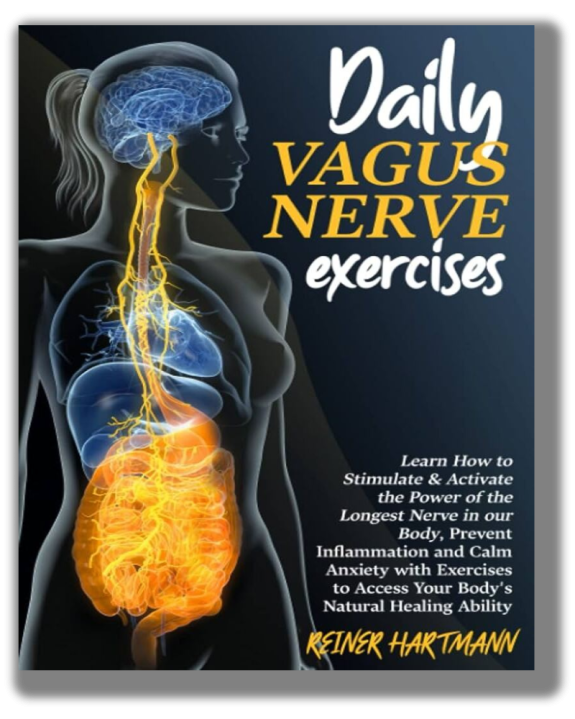
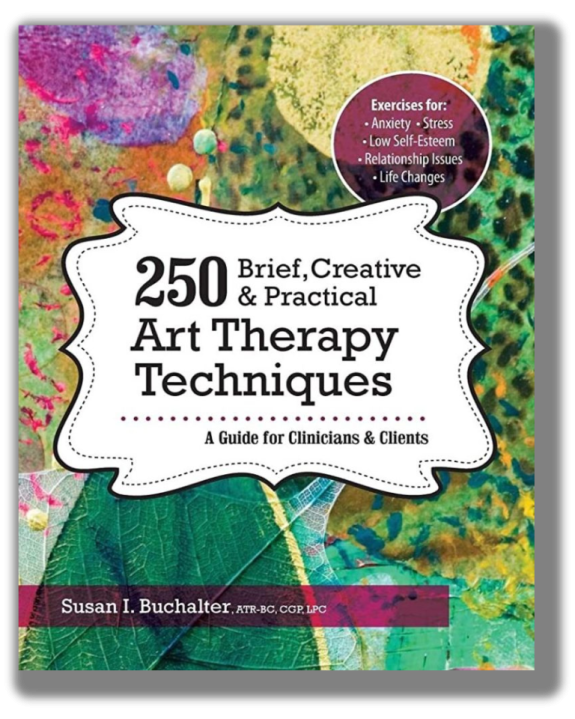
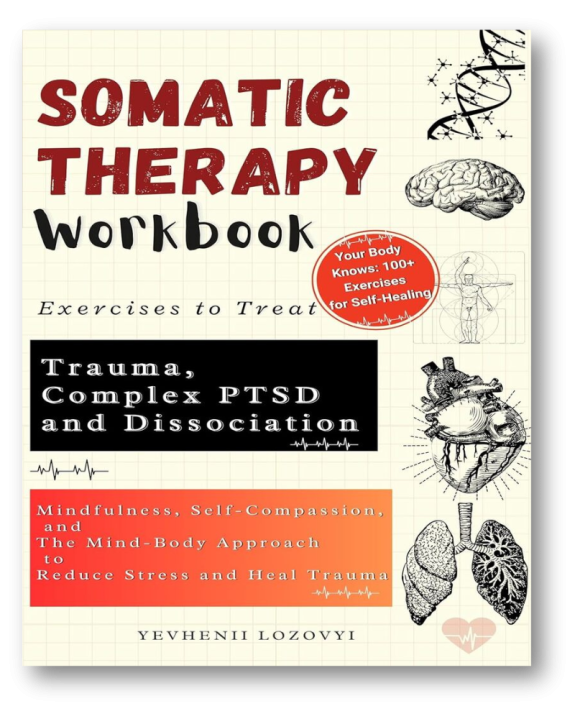
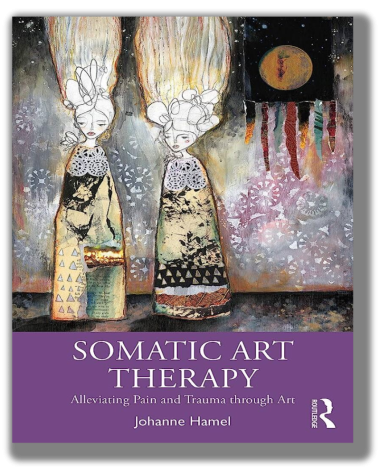
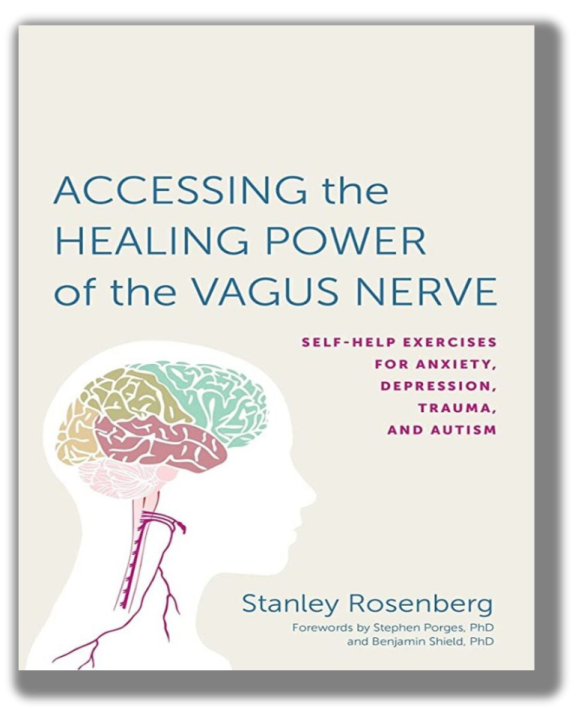
As a physician, I see a number of patients with complex PTSD. This book provides validating and accessible advice without making patients feel ashamed or crazy. There are a number of tools and easily accessible exercises to help people heal from trauma. In particular, the author provides easy to understand ways to deal with fear and anger, as well as dissociation. These latter concepts are rarely discussed in comparable books. I highly recommend this book to therapists and patients struggling with complex trauma.
Thank you.
This book identifies emotions and symptoms of trauma that most other trauma books I’ve read don’t address. Like rage— it’s a very big issue for ppl who have been traumatized over and over. It’s hardly ever spoken about in trauma books, and it’s something I struggle with managing. It also discusses why a person who has been traumatized feels overwhelmed a lot by things or reacts with strong emotions to triggers. It really helps you to UNDERSTAND why you feel the way you do, and adds ideas for managing it. It talks about intense anxiety episodes when someone who has been traumatized feels trapped and how to decompress from that intense feeling. No other book is written like this one and I highly recommend if you’re still searching for answers to understand what the hell is happening to you!
At first I just bought this on a whim. I’ve already been diagnosed, sure, but like other books I’ve tried, nothing felt “right” about what I was feeling. Until this one. It’s been extremely eye opening, validating, weird, and life changing all at the same time! I cried a bit, I won’t lie. I highly recommend this book to others who feel like they might have or diagnosed with C-PTSD. It’s helped me learn so much about myself and it’s a helpful tool in improving myself.
As a former health psychologist and professor for many years, I strongly recommend this book (full disclosure – written by a former student of mine, though that would not be reason enough for this strong recommendation). The author’s precise writing style and clarity of descriptions make reading it a delight. There is sufficient theoretical overview to understand the presenting problems, but the ultimate focus is always on practical and specific exercises and interventions that are based in the scientific literature. This makes the book useful for consumers, but also for professionals who are looking for useful overviews of Complex PTSD or practical adjuncts to their own work with patients. Dr. McClintock Greenberg demonstrates not only a thorough understanding of the problems involved, but also a deep compassion for people experiencing these problems and respect for their rights of self-determination. I am proud to call her a former student.Jack B. Schaffer, PhD, ABPP